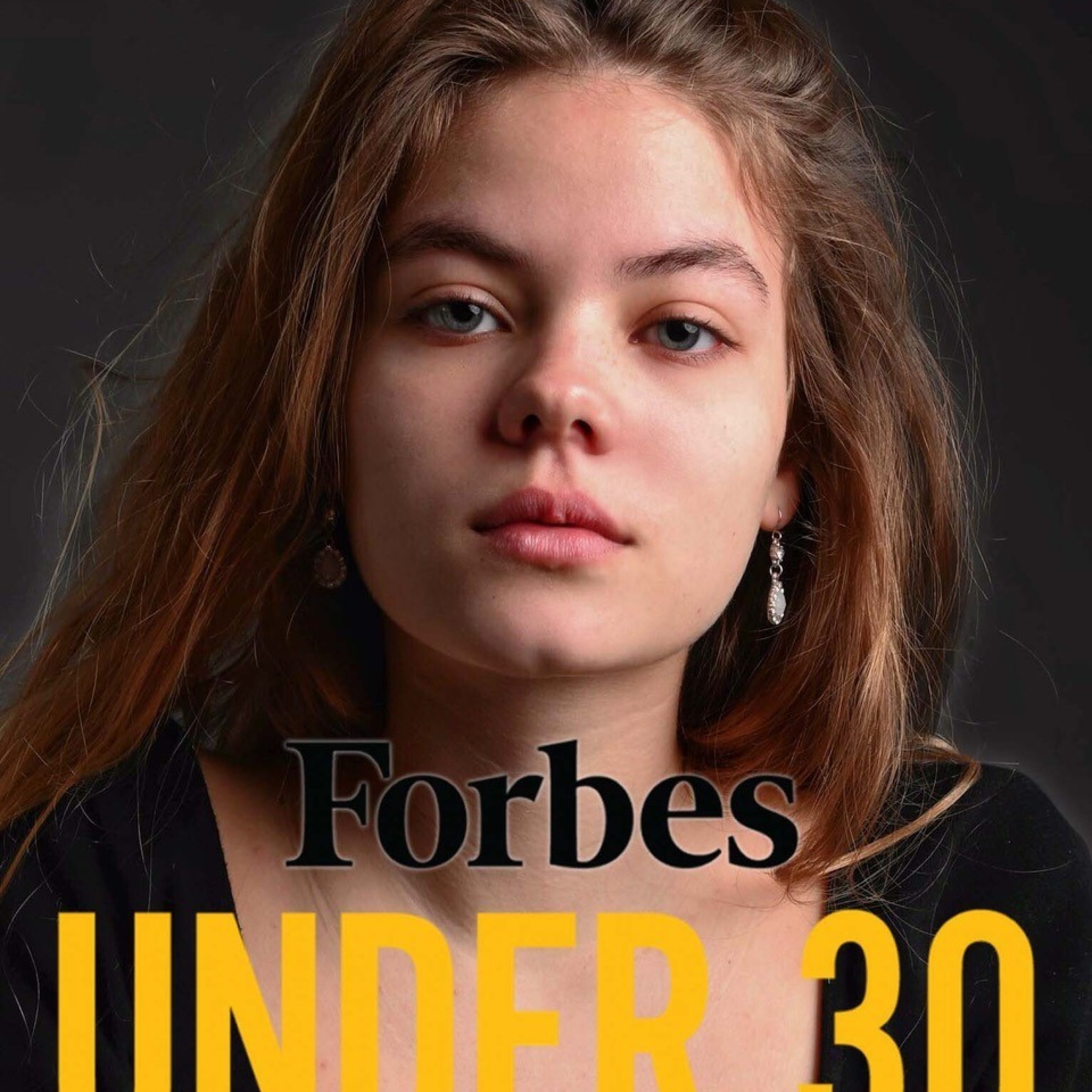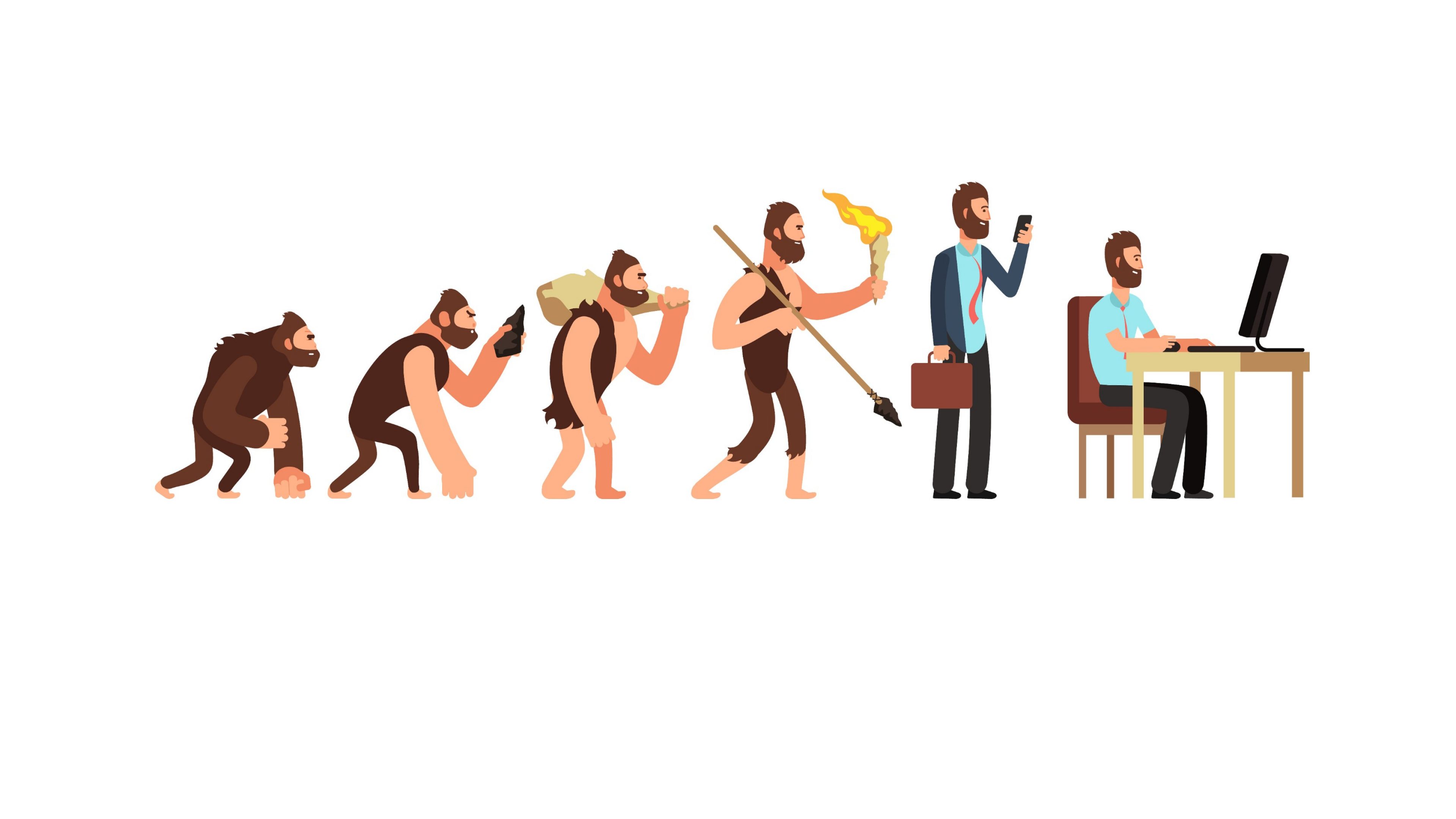Gen Z – born between 1995 and 2010 – will change society and the economy. How do they want to live and work? And what does self-determination mean to them? Find out in this interview with young Swiss entrepreneur Yaël Meier, who familiarises companies with Gen Z and was selected for the “30 under 30” Forbes list.
Generation Y (1980 – 1995) does not have the best reputation: “Forbes” refers to them as the “Me Me Me Generation,” “Die Zeit” asks “Do they want to work?” How does Generation Z specifically differ from its often maligned predecessors?
We are neither reticent nor work-shy. Granted, we are also individualistic, but we think and act in the best interests of everyone. We are also the first generation to grow up with smartphones. So, instead of “mobile first” we are “mobile only”. We don’t just make active use of our smartphones, they are more part of us and integral to our everyday lives.
Gen Z are also called “millennials on steroids”. Besides impulsiveness, this generation is seen as seeking adventure and having a strong desire to develop. How important is self-determination?
Very. We are an activist generation, both in the professional and social sense. We want to take control of our own future and not stand idly by as the world goes to the dogs. We cannot rely on the older generations, we have to do it ourselves. Hence the climate movement “Fridays for Future” or “Black Lives Matter”.

They also have their own ideas ideas about work. “Gen Z is the first to resist work intruding into their private life,” says German generational researcher Christian Scholz. Why is that?
Because they have a life outside work. Work structures must enable a private life and allow us to realise our own projects. We also want enough time for our personal interests, e.g. live streams on the Twitch platform, our own second-hand shop on Depop or our own Tiktok channel.
You advise companies on how to deal with Generation Z. Which companies are your peers interested in?
The ones that make a difference. Companies that take the world one step further through their services or products and that show us how to take responsibility within the company and have an impact.
What are the biggest mistakes companies make in employer branding and addressing talented young people?
Gen Z are today’s career starters and tomorrow’s customers. However, employers don’t take us young people seriously enough. Most companies talk about the young, but not to them. They don’t understand the values, behaviour or trends of this target group. Employer branding is often back to front: it’s talked about a lot, without very much being done.

How can companies reach Gen Z as consumers?
Companies that are not on social media do not exist for us. It’s extremely important to have your own channel with your own content. And that doesn’t mean just photographing products. Young consumers follow people, not companies. And we shop in online stores that we've seen on social media. Platforms like Instagram or Tiktok are now developing into big stores and content creators are becoming increasingly important.
You and your partner recently received over two million views for two LinkedIn posts. Public media and large companies pale with envy at that – how do you deal with this power?
It is true that the ability to reach people has undergone enormous democratisation. My partner and I are also aware that this entails responsibility. We think carefully about which issues we're going to post. This reach also shows the gigantic opportunities available to entrepreneurs through social media. In the past, you had to buy really expensive slots on TV to gain that sort of exposure, now anyone can do it.
Generation Z is also known as Generation “Greta”. At the same time – as the New York Times alleges – young people calling for climate action are not adapting their own consumer behaviour. Is that right?
This is a common allegation, especially as regards flying. The fact is that many young people make a personal contribution, they forego meat, travel by train, buy second-hand clothes. At the same time, we do realise how difficult it is to restrict oneself when something is allowed. That’s why there is strong support for laws, such as the CO2 tax on air travel.

So, would you prefer a strong state to personal responsibility and self-determination? The Generation X youth movement in the 1980s demanded: “Macht aus dem Staat Gurkensalat” (a slogan saying the state has no useful purpose).
We realise that laws are necessary. Personal responsibility and incentives have not been enough to prevent the destruction of the environment. And the coronavirus cannot be contained without a lockdown and mandatory mask-wearing. We do not want an authoritarian state, but nationwide rules are needed for certain issues if we really want change.
In an NZZ commentary about the effects of the corona pandemic, you criticised the lack of solidarity with the young. Why is that?
Restricted social contacts, closed schools and universities, bleak job prospects and a huge mountain of debt: the pandemic has hit us young people hardest, despite the fact that the virus poses the least risk to us. Nevertheless, we have put the protection of the population above our own interests and behaved in a very disciplined manner. But solidarity is not a one-way street. We finally need to see more solidarity from older people with the young. Whether for climate protection, the gigantic corona debt mountain or retirement provisions.
Are the youth growing more angry? Is there a threat of an intergenerational clash?
The tone on social media is becoming more acerbic. And there are voices in the climate movement calling for violence, because nothing happens otherwise. But I don’t believe it’s a conflagration. The vast majority are aware that we can only work together and that all generations must seek viable solutions together.
According to surveys, the top priority for Gen Z is relationships: friends, partnership, family. You also recently became a mother at the age of 20. Why?
Because I had no reason to wait. I have shaped my life in such a way that I am free to make my own decisions and I now enjoy this freedom to the full.
What were the reactions to your decision to start a family so young?
Besides a lot of encouragement, there was of course a lack of understanding – especially from older people. We don’t see life in such a linear way. Education, career and then a family – who says that this is really the best and only way to be happy? Moreover, men have never had to decide between children and career. I hope women will be able to do the same in future.
Your partner is also your business partner. Will Gen Z become a generation that helps achieve the breakthrough to equality in professional and family life?
I certainly hope so. There is a lot going on in the gender debate right now, including with regard to the compatibility of family and career, including among young men, by the way. My dream is for our generation to be truly free to decide how we want to live, love and work. In a nutshell: that we can lead as self-determined a life as possible.

Multi-talented
Yaël Meier (20) and her partner Jo Dietrich founded the communication and consulting firm Zeam, which helps companies reach Generation Z. The business magazine “Forbes” put them on its list of the most influential “30 under 30” in German-speaking countries. As a journalist and podcaster, she reports on social media about the living environments of her generation. She is followed by over 200 000 people on Tiktok, 22 000 on Instagram and was named Top Voice 2020 by LinkedIn. Before that, Yaël Meier worked at Ringier and Swiss Television and also appeared in front of the camera as an actress, notably in the films “Upload,” “Blue my Mind” and “Die Fruchtbaren Jahre sind vorbei”. She lives with her partner and son in Zurich.

Generation Z
Gen Z (Gen Z for short) was born between 1995 and 2010 and is the successor generation to Generation Y (Millennials). Gen Z is also known as Generation “smartphone” because it is more digitally connected than any previous generation and uses social media very actively and creatively. She is also an activist and has already identified with the climate movement. Her entry to the world of work means her values are now also relevant in a business context.



